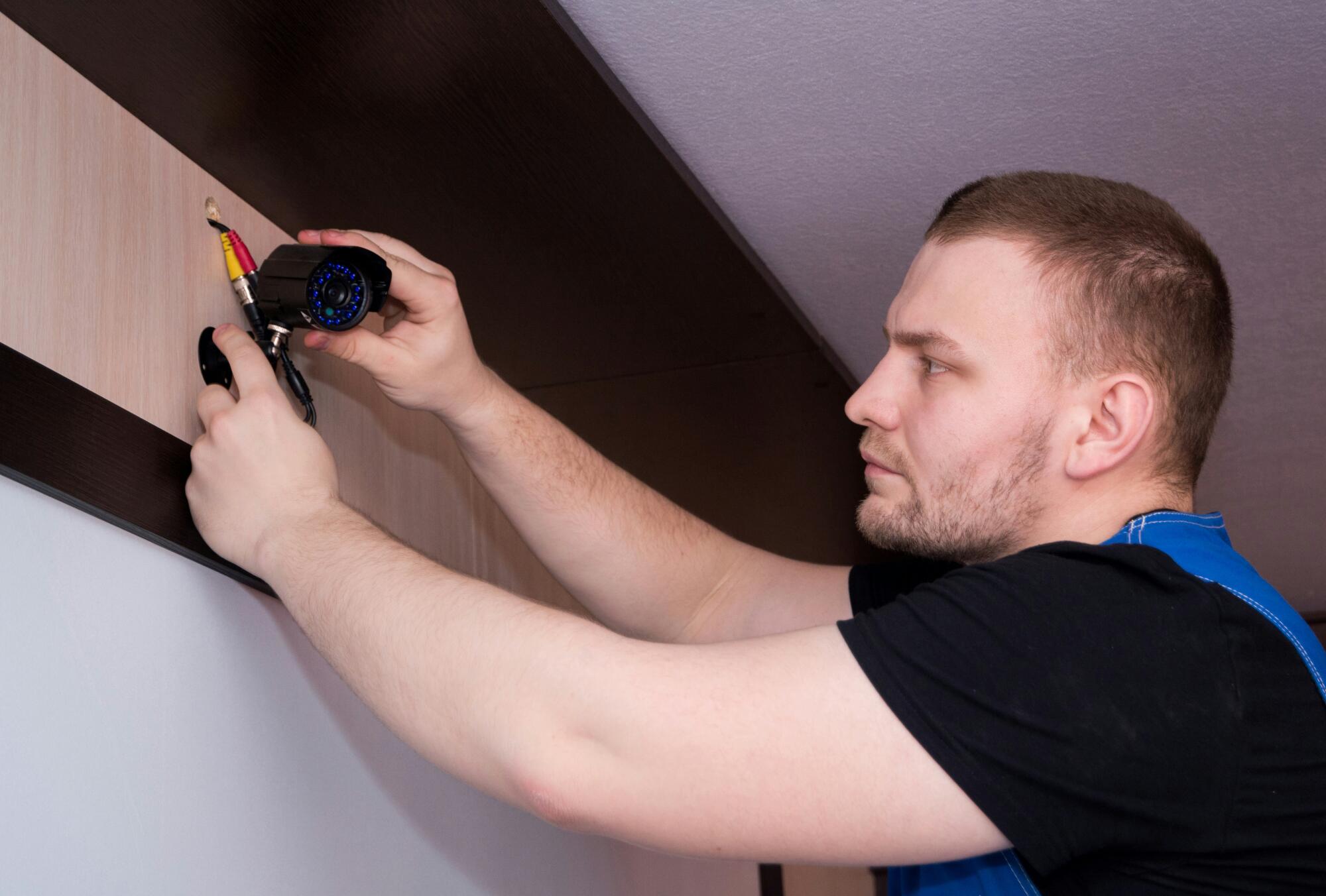“Don’t pee in the pool, or the water will turn purple!” your friends used to tell you back in the day while swimming during summer vacation. Sadly, chlorine in the water doesn’t turn purple when exposed to urine. Instead, it becomes less effective at tackling bacteria and viruses, turning the water into a cesspool for disease.
That’s only the beginning of the silent problems a pool could be hiding. A pool can look perfectly functional on the surface, yet have major issues that remain unseen. You’d never know about them unless you hired swimming pool inspection services.
Is it worth the effort to pay someone to do a pool inspection? Here are seven reasons why you should.
1. Inspecting Your Pool Reveals Leaks
Obviously, your swimming pool uses a lot of water. The average pool contains around 5,000 gallons when completely full. Imagine how much your water bill will be when draining and refilling it!
Now, imagine what happens when your pool has a leak. You would never notice, because the pool might be set to fill itself up automatically. Even a small leak could easily drain several dozen gallons of water per day.
Of course, these leaks can be very hard to find. All it takes is a small crack in the concrete for water to seep through into the ground.
If you notice an above-average water bill, or a water level that is lower than usual, schedule an inspection. This can help identify these leaks long before they gouge your water bill.
2. It Detects Mold Growth
Mold loves warm, humid places to grow. It just so happens that your pool is an excellent location for mold spores to bed down and germinate.
Mold can spread throughout your pool in unsuspecting ways. It may grow out of view within the skimmer door, spreading silently into the pipes. Your kids could be swimming alongside a mold infestation and never realize it!
Mold can be resilient, even in the presence of chlorine. Many people fall into the false sense of security that chlorine kills any and all unwanted infestations.
Mold is, of course, terrible for your respiratory system. It can cause lung infections and inflammation when inhaled.
Identifying and exterminating a mold outbreak before it gets really bad is essential. A pool inspection is the best way. Plus, the inspector may be able to figure out why mold keeps growing back after repeated removals.
3. It Identifies Safety Hazards
Next on your inspection checklist is ensuring the pool is safe to use. Safety hazards can come in the form of pool damage you otherwise overlook.
For example, broken tiles could cut the feet of children walking over them. They start off with a small crack that widens over time. Eventually, someone steps on it and the tile sticks out, and by then it’s too late.
Pools break and wear down like anything else in your home. As they do, they present risks to the health and safety of occupants. If you don’t have a regular inspection, someone could hurt themselves and require a hospital visit.
4. It Ensures the Filtration System Works
The backbone of every pool is an effective, well-running filtration system. Like HVAC, your filtration system keeps your pool clean, germ-free, and looking good. And like HVAC, it requires regular maintenance.
An inspection may reveal that you are in need of more pool maintenance. The filters could be in dire need of a swap, or you might have a loose rubber washer on the pump’s connectors.
The longer you go without maintaining these things, the worse your pool performs-and the costlier your utility bill gets. Spending the money to tune things up sooner rather than later is, at the end of the day, the most economical option.
5. It Keeps Chlorine Levels in Check
Chlorine is amazingly efficient at removing unwanted contaminants from your pool. Unfortunately, though, it’s also the basis for toxic gas. Although your pool isn’t going to present a serious threat to your kids’ safety, it can cause short-term health effects.
Having too much chlorine can cause skin rashes, red eyes, or provoke respiratory symptoms. Likewise, having too little chlorine reduces the effective pH needed to keep the pool clean-and makes it even tougher to tackle urine. You may never realize your chlorine levels are off without an inspection.
Maintaining healthy chlorine levels is tricky. It requires you to be something of a chemist, measuring the pH and adjusting the pellets and the dispersal. There’s no better time than during a pool inspection to ask questions about how to better maintain your chlorine levels.
6. It Lets You Know if You Need an Upgrade
For all you know, your pool could be underperforming. A simple upgrade, such as buying a better pump, could make it run much better than it does. You’d never know about this without having a regular inspection.
A pool inspector can identify the areas where you can make your pool look, feel, and perform better.
Inspections also present an excellent source of knowledge. Have a question about how to better clean your pool? Your technician can give suggestions and recommend tools for you to buy.
7. It Keeps Everything Up to Code
Every state has firm regulations on pools. Restrictions on how big they can be, how they drain off, and so on. For all you know, your pool may not be up to regulation standards.
For example, you may have an electrical issue with the wire grounding. This not only violates the law, it could very well be a risk to your own well-being. Hire swimming pool inspection services to make sure your pool is up to snuff with local red tape.
Get Swimming Pool Inspection Services With CFBI
Swimming pool inspection services help you identify current and future issues with your pool that you wouldn’t notice otherwise. Inspecting your pool can identify mold growth, pool safety hazards, and deficiencies in needed pool maintenance. You never know what secrets your pool could be hiding, so it’s important to schedule an inspection regardless of the pool’s condition.
CFBI provides a wide variety of home and commercial solutions in the Orlando and Tampa area. Reach us here to schedule an appointment.










